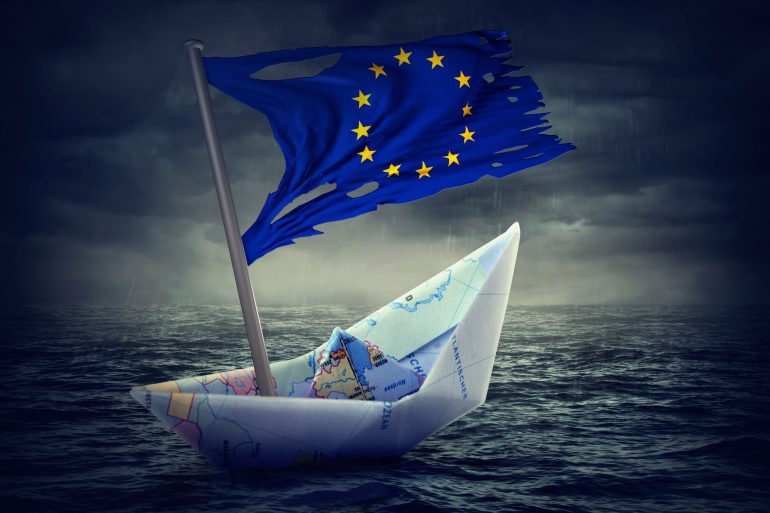The migration crisis, climate change and environmental protection are the main challenges facing the European Union, causing great concern in the Member States.
Initially, the refusal of Eastern European member states to host refugees, the dramatic rise of populism and the far right, as well as the creation of special population management areas, the so-called hot spots, provoke a reaction from both European citizens and non-governmental organizations. organizations, on the poor living conditions and exploitation of migrant refugees.
In many countries, refugees are not welcomed, and voices are being raised for a review of asylum applications and the return of refugees to their home countries. On the other hand, many employers rub their hands in satisfaction, as refugees are for them cheap labor that brings them profits at the expense of other workers.
At the same time, migration flows are increasing on the one hand due to conflicts in Asia, Africa and the Middle East and on the other due to climate change, which is particularly evident in some countries. In particular, several regions of the world, such as Syria, the Gaza Strip, Burma, remain trapped in crisis and instability due to ongoing tensions. Desertification and land degradation, especially in Africa, as well as the deforestation of vast areas of forest land by giant companies, lead to the systematic abandonment of the countryside, urbanization and migration. According to the Report of the UN Secretary General, 1,6 billion. people live in precarious conditions, while a galloping increase in numbers is expected by 2030.
Faced with these challenges, the European Union is promoting a strategy of approaching resilience to its external action in response to the changing global environment. Therefore, the new policy framework includes multilateral goals and a 2030 agenda for sustainable development.
However, the refusal of the United States to sign the Paris Agreement on Climate Change is causing great headaches for European leaders, despite trying to silence it, stressing that it is an intention and not a decision of Trump not to sign.
It is becoming clear, then, that the fluid landscape of global challenges and dangers requires unity, cooperation and respect for the human rights and fundamental freedoms of citizens, refugees and migrants. Humanitarian and developmental needs should not be left unfulfilled, as they have serious implications for the resilience of society, democracy, trust in institutions and sustainable development.
The European Union should pay particular attention to the humanitarian needs arising from the prolonged crises associated with the displacement of people due to violent conflict. The resilience-based approach to immigration requires and presupposes better planning of policy actions to aim at full respect for humanitarian and immigration law, including the right to protection. Refugees should have access to education, housing, decent work and protection from trafficking and organized crime. At the same time, unaccompanied adolescents should be protected from the risks of crime and exploitation, as they make up 1/3 of asylum seekers in Europe and become very vulnerable due to lack of parental care and legal advice.
Dealing with the European Union's problems requires further cooperation between local and regional authorities and the central government, which must absorb and distribute the available European crisis funds to local authorities.
European citizens, following these developments and changes, form a kind of skepticism about the effectiveness of the European Union. It is reasonable, then, to ask whether this promising institution can be the ideal place to ensure stability and security and to address key challenges, such as the migration crisis, climate change and economic problems. Could we be reassured by the President of the European Council, Donald Tusk, who, citing Nietzsche, claims that "what does not kill you makes you stronger"?
Andros G. Karagiannis
Mayor of Deryneia
